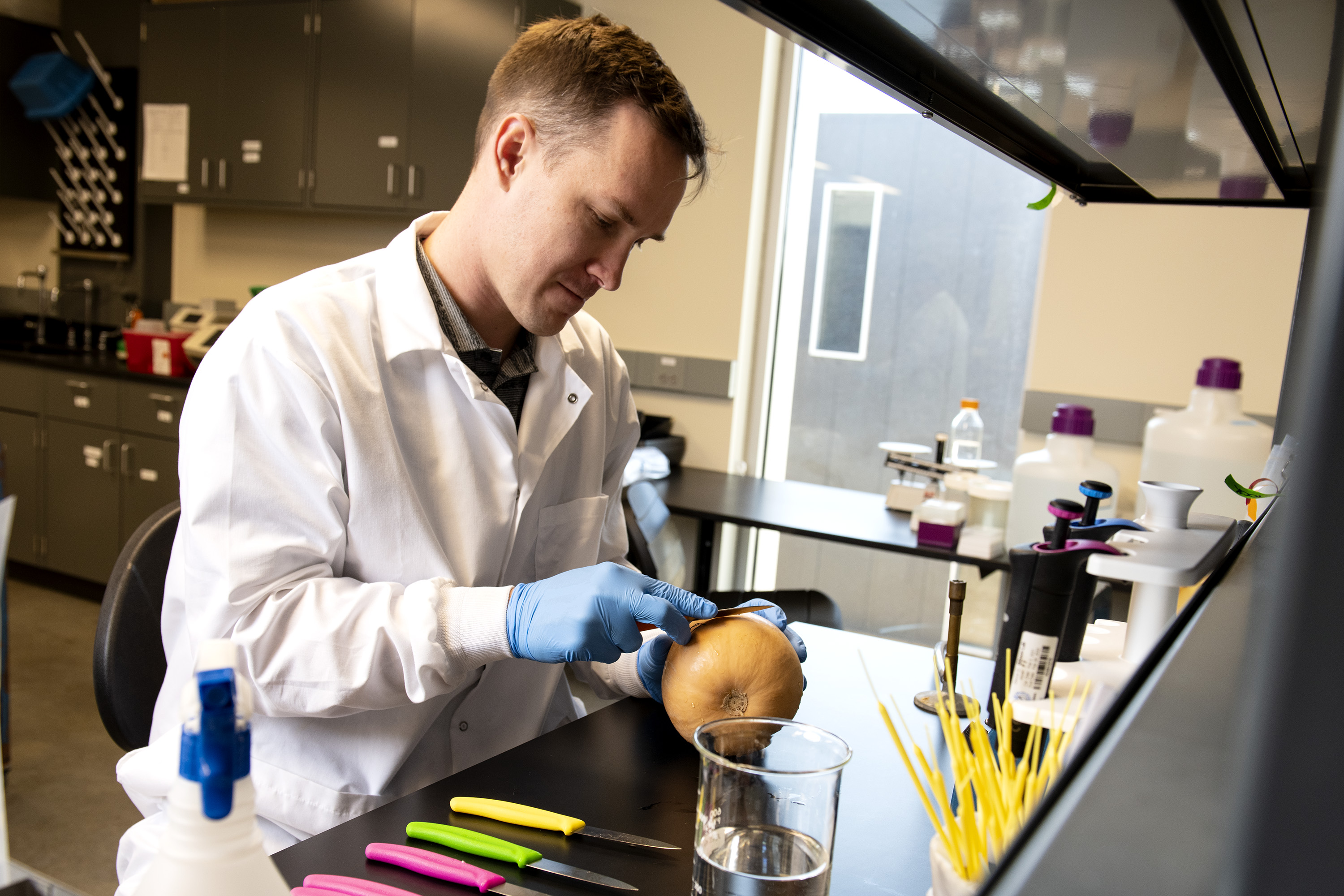The government has announced plans to create a food safety authority, with the health ministry currently aiming to submit a bill for its creation by the end of the year.
In its outline of the plan, the health ministry cited the World Health Organisation (WHO), which had after the Covid-19 pandemic called a “unified approach” in the fields of public health, veterinary medicine, and the environment.
It had added that a hitherto seen “fragmentation of control” in the management of food safety, drinking water, animal diseases, nutrition, and plant health is “not justified”, and thus called for “united and supervisory” decisions to be made in an “independent, transparent, and impartial manner”.
The health ministry said that at present, Cyprus’ food safety system is ineffective, and that this makes the island a “pole of attraction for food products of dubious quality”. This, they said, has been exacerbated by the ongoing cost-of-living crisis.
As a result, they said, the new food safety authority will be charged with creating a single control and risk management system for food safety, animal health and welfare, and plant health.
They added that the authority will be an “independent state body”, which they say will make the process of ensuring the safety of food and related products more transparent.
The creation of a food safety authority has been on successive governments’ agendas since 2007, when the cabinet of the day passed a bill for its creation under late President Tassos Papadopoulos.
However, the authority was never created at the time as the various government services concerned by its creation objected.
A decade later in 2017, under then President Nicos Anastasiades, a new bill was drawn up, once again aimed at creating such an authority.
The 2017 bill foresaw that the authority would devise policy and strategies related to food safety and would see to the realisation of various European Union requirements regarding food safety control.
It would also be engaged in risk management and provide information to the various related government services and consumers when necessary, as well as being in constant contact with its counterparts across the EU and the European Food Safety Authority.






Click here to change your cookie preferences